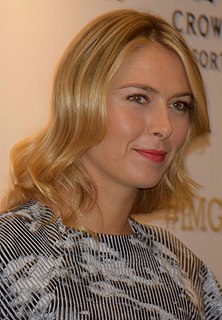A Quote by Kevin Kwan
My grandparents were far more English in their manners than they were Chinese. For example, we spoke English at home, had afternoon tea every day, and my grandfather, who attended university in Scotland, would smoke his pipe after dinner.
Related Quotes
Working- and Middle-class families sat down at the dinner table every night - the shared meal was the touchstone of good manners. Indeed, that dinner table was the one time when we were all together, every day: parents, grandparents, children, siblings. Rudeness between siblings, or a failure to observe the etiquette of passing dishes to one another, accompanied by "please" and "thank you," was the training ground of behavior, the place where manners began.
I have a funny story to tell about English and how I came to fall in love with the language. I was desperate to fit in and spoke English all the time. Trouble was, in my household it was a no-no to speak English because somehow it is disrespectful to call parents and grandparents "you" - impersonal pronouns are offensive in Vietnamese.
Until the age of five, my parents spoke to me in Chinese or a combination of Chinese and English, but they didn't force me to speak Mandarin. In retrospect, this was sad, because they believed that my chance of doing well in America hinged on my fluency in English. Later, as an adult, I wanted to learn Chinese.
At every point I wished that I was born English. They need to make it colder in here. You could hang meat in this room. But, yeah...I grew up in a very English household. My folks were from Liverpool. I've said this before, but there is nothing more English than an Englishman that no longer lives in England.
Actually, I've taught creative writing in Turkey, at an English language university, where the students were native Turkish speakers, but they were writing their essays in English, and they were very interesting - even the sense of structure, the conventions of writing, the different styles of writing.
I admired the English immensely for all that they had endured, and they were certainly honorable, and stopped their cars for pedestrians, and called you “sir” and “madam,” and so on. But after a week there, I began to feel wild. It was those ruddy English faces, so held in by duty, the sense of “what is done” and “what is not done,” and always swigging tea and chirping, that made me want to scream like a hyena
There was - there still is - a big shortage of good Chinese-English literary translators. So for two years in London, I was stuck waiting, not writing, with several Chinese books I couldn't get translated. That's when I decided to write in English, since I had been living here and had decided to reconstruct my life here. Even if I wrote in broken English, it was better than getting bored and weary and bitter on the long queue of authors waiting to be translated by a stranger.







































